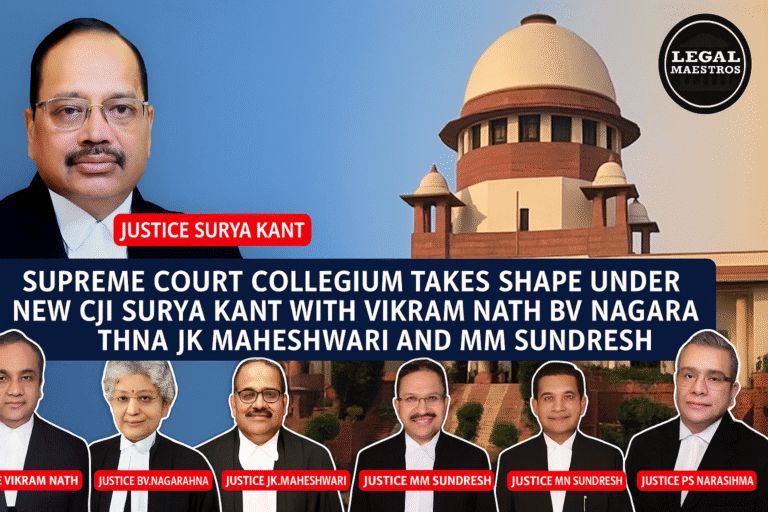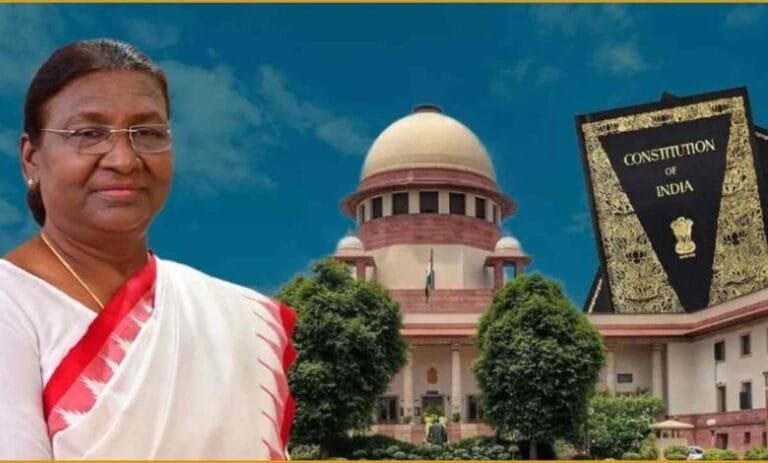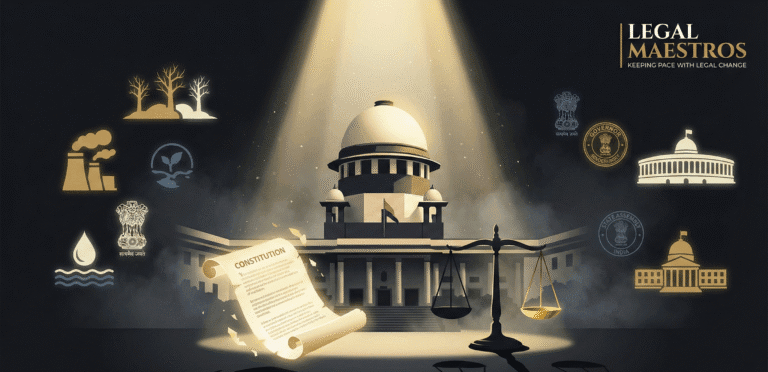
Union Minister Nityanand Rai Gets Relief as Patna HC Holds Voicing ISIS Fears Over Election Outcome Non-Provocative
In a significant respite to Union Minister Nityanand Rai, who was facing summons by a lower court in a 2018 case over his controversial statements that he feared an election outcome could make Araria into “a base for the militant outfit ISIS,” Patna High Court has ruled that the remarks were not provocative.
The Complaint and Legal Challenge
Complaint and Legal Challenge A police report was filed against him at Narpatganj police station in Araria for delivering inflammatory speech that broke election laws under sections of the Indian Penal Code (IPC) related to promoting enmity between groups or making statements likely to cause a public disturbance or alarm. The complaint was registered by the Chief Judicial Magistrate of Araria in April 2022 and a warrant issued for Rai’s arrest.
Patna High Court’s Ruling
Nityanand Rai appealed in the Patna High Court, where a single-judge bench headed by Justice Chandra Shekhar Jha heard the petition and ruled after considering the facts of the case: the original complaint and charge sheet filed by police. The High Court held that “the orders/summons issued by the Chief Judicial Magistrate are mechanical,” but also stated that it could not be said that the speech was malicious since ISIS is a militant group with no affiliation to any religion; therefore, Rai’s reference did not hurt religious sentiment or any community.
For any queries or to publish an article or post or advertisement on our platform, do call at +91 6377460764 or email us at contact@legalmaestros.com.
For More Updates & Regular Notes Join Our Whats App Group (https://chat.whatsapp.com/DkucckgAEJbCtXwXr2yIt0) and Telegram Group ( https://t.me/legalmaestroeducators )
Crucially for the case at hand, summonses issued by the Chief Judicial Magistrate are mechanical,” but also stated that it could not be said that the speech was malicious since ISIS is a militant group with no affiliation to any religion; therefore, groups of people. None of these conditions were met in Rai’s case, and the court concluded that the intent behind his speech was political rather than criminal, and therefore, the sections of law invoked did not apply, quashing the entire proceedings initiated against the Union Minister by the lower court.
Legal Implications and Context
Yet this precedent seeps into all aspects of Indian political discourse, especially during election times. Indian law prohibits speech that incites hatred among religious groups or is based on race or language, courts have had difficulty differentiating between speech meant to create unrest between religious communities or otherwise and speech meant for different ends.
The Patna High Court has now ruled that political speech that involves fear and anxiety about national security will not be considered hate speech if it can be established that the speaker did not intend to provoke enmity and strife between communities by referring to an international group like ISIS, which is directed at no specific religious community.







